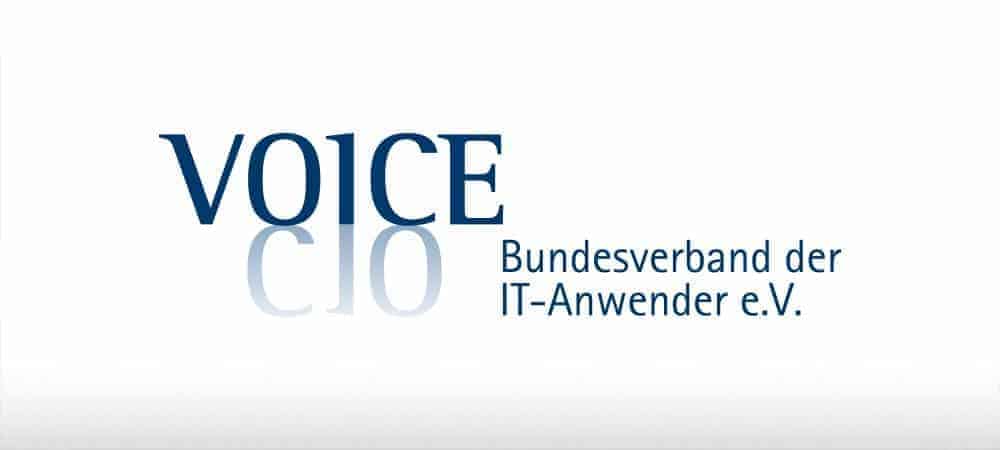Voice e. V. considers SAP licensing policy regarding indirect use to be illegal


Based on two legal opinions from the law firm Osborne Clarke, the Federal Association of IT Users considers SAP's licensing terms relating to indirect use/digital access to be unlawful.
The planned additional fees for indirect access from devices and third-party programs unsettle SAP users, significantly increase their cost risk, and contradict the principle of interoperability.
Voice e. V. has commissioned the international law firm to prepare two legal opinions on indirect use and digital access. These expert opinions conclude that SAP's licensing terms are illegal in this respect and that the software manufacturer is abusing its strong position in the market for business software vis-à-vis its customers. SAP's license terms are neither transparent nor fair.
Dr. Thomas Endres, Chairman of the Voice Presidium, explains the motive for the expert opinions and the goals of the federal association:
"As stakeholders of IT users, we advocate for transparent and fair licensing terms. The indirect use/digital access still not clearly defined by SAP is neither fair nor transparent."
While Endres finds it absolutely understandable that software vendors are preparing for the changing use of their products in an increasingly digitalized world, he says that the need for a more flexible approach to software development is not a problem.
"But it can't be one-sided at the expense of users."
In addition, he said, a user association has a natural interest in an open software market in which one dominant vendor does not dictate the terms.
"Especially with regard to the ongoing digital transformation, the interoperability of systems is essential. If this interoperability is restricted by unjustified fees, this would be fatal for all market participants."
Endres emphasizes.
Patrick Quellmalz, Head of Service at Voice and Managing Director of Voice CIO-Service GmbH, adds.
"We see indirect use as a threat to digital transformation. For two reasons: Users expose themselves to licensing risks if they use forward-looking technologies, such as APIs, containers, or just a modern e-commerce solution that also uses SAP data.
In addition, SAP's licensing behavior is causing massive damage to the market for third-party applications. SAP is now putting a stop to the business model of third-party providers. In our view, this is anti-innovation and anti-competitive.
This is because additional and perhaps more affordable solutions for the SAP ecosystem are being created in the third-party market, but precisely not under SAP's complete control.
If, with the SAP license case 'indirect use', the exchange of data via interfaces is made more difficult or prevented by additional costs, it is easy to imagine the negative impact on innovation activity. The costs for the use of third-party applications are artificially driven up by SAP and their use is therefore discouraged."
Voice therefore urges SAP to make its licensing terms regarding indirect use/digital access more user-friendly and transparent so as not to place an excessive burden on users in times of digital transformation and expose them to incalculable cost risks. This requirement also expressly includes SAP's audit practice. It is imperative that the market for third-party applications be kept open.
Voice calls for audits to be legally binding and not to have a past effect, as some users are currently experiencing with "indirect use."
"It is simply not acceptable that users are retroactively put in the wrong by SAP's new licensing regulations. This is incomprehensible to anyone and makes SAP's licensing policy appear arbitrary."
says Quellmalz.
Voice will continue to seek direct talks with SAP, but also reserves the right to take all possible legal steps.






